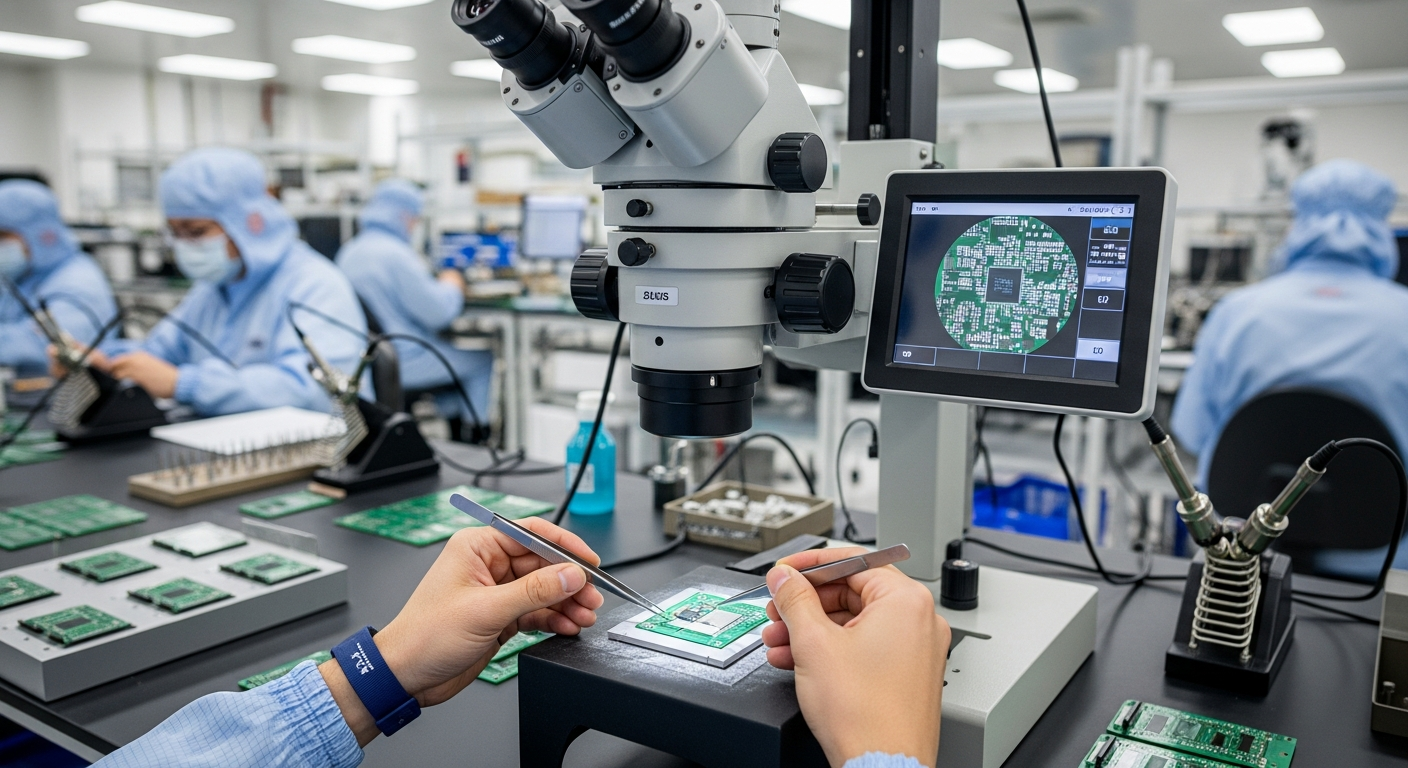Chronodiet: Aligning Nutrition with Your Body Clock
Imagine a world where the time you eat matters just as much as what you eat. Welcome to the fascinating realm of chronodiet, a cutting-edge approach to nutrition that syncs your meals with your body's natural circadian rhythms. Could this be the key to unlocking optimal health and vitality? Let's embark on a journey to explore this innovative nutritional strategy that's reshaping our understanding of when to eat for maximum wellness.

Research has shown that our metabolic efficiency varies throughout the day. For instance, insulin sensitivity is typically higher in the morning, making it easier for our bodies to process carbohydrates earlier in the day. Conversely, our ability to metabolize fats tends to improve as the day progresses. By aligning our eating patterns with these natural rhythms, chronodiet aims to optimize nutrient absorption, energy utilization, and overall metabolic health.
The Principles of Chronodiet
Chronodiet isn’t about restricting specific foods or counting calories. Instead, it focuses on timing your meals to coincide with your body’s peak metabolic windows. Here are some key principles:
-
Eat your largest meal earlier in the day
-
Allow for a longer overnight fasting period
-
Avoid late-night snacking
-
Consume protein-rich foods in the morning
-
Opt for complex carbohydrates and healthy fats later in the day
By following these guidelines, proponents of chronodiet believe we can enhance our body’s natural metabolic processes, potentially leading to improved weight management, better sleep quality, and reduced risk of chronic diseases.
Chronodiet and Metabolic Health
One of the most compelling aspects of chronodiet is its potential impact on metabolic health. Studies have shown that eating in alignment with our circadian rhythms can lead to improvements in insulin sensitivity, blood sugar control, and lipid profiles.
A landmark study published in the journal Cell Metabolism found that mice fed a high-fat diet within an 8-hour window showed significant improvements in metabolic markers compared to mice that had unrestricted access to food. These findings suggest that the timing of food intake can be just as crucial as the composition of the diet in maintaining metabolic health.
Chronodiet and Weight Management
For those struggling with weight management, chronodiet offers a fresh perspective. By concentrating food intake during the body’s most metabolically active hours, this approach may help reduce overall calorie consumption and improve fat burning efficiency.
A study published in the International Journal of Obesity found that overweight and obese women who consumed more calories earlier in the day lost more weight than those who ate the same number of calories but consumed more later in the day. This research underscores the potential of chronodiet as a valuable tool in the fight against obesity.
Implementing Chronodiet in Daily Life
Adopting a chronodiet approach doesn’t require drastic lifestyle changes. Here are some practical tips to get started:
-
Aim to eat breakfast within an hour of waking up
-
Make lunch your largest meal of the day
-
Try to finish your last meal at least 3 hours before bedtime
-
Stay hydrated throughout the day, but limit fluid intake close to bedtime
-
Be consistent with your meal timings, even on weekends
Remember, the goal is to align your eating patterns with your body’s natural rhythms, not to impose strict rules that may be difficult to maintain long-term.
Chrono-Nutrition Nuggets
-
Our bodies have over 100 circadian rhythms governing various physiological processes
-
The master circadian clock is located in the brain’s suprachiasmatic nucleus
-
Meal timing can influence the expression of clock genes in peripheral tissues
-
Night shift workers have a higher risk of metabolic disorders, partly due to misaligned eating patterns
-
Light exposure, particularly blue light, can disrupt circadian rhythms and affect metabolism
As we continue to unravel the complex relationship between nutrition, timing, and health, chronodiet emerges as a promising approach to optimize our well-being. By syncing our meals with our body’s natural rhythms, we may unlock new pathways to improved metabolic health, weight management, and overall vitality. While more research is needed to fully understand the long-term effects of chronodiet, the existing evidence suggests that paying attention to when we eat could be just as important as what we put on our plates. As with any significant dietary change, it’s essential to consult with a healthcare professional before adopting a chronodiet approach. The future of nutrition may well be timed to perfection, offering a harmonious balance between our body clocks and our dining habits.






